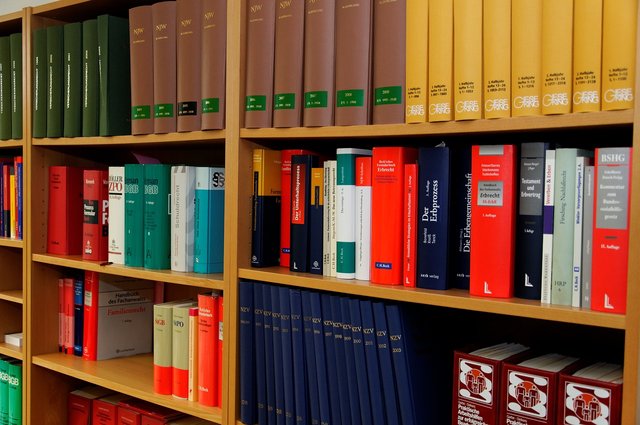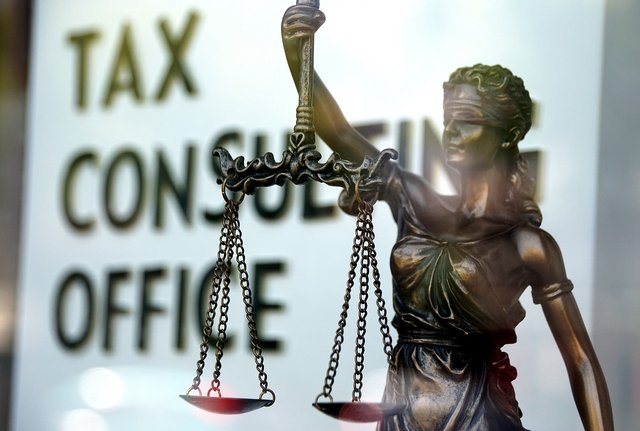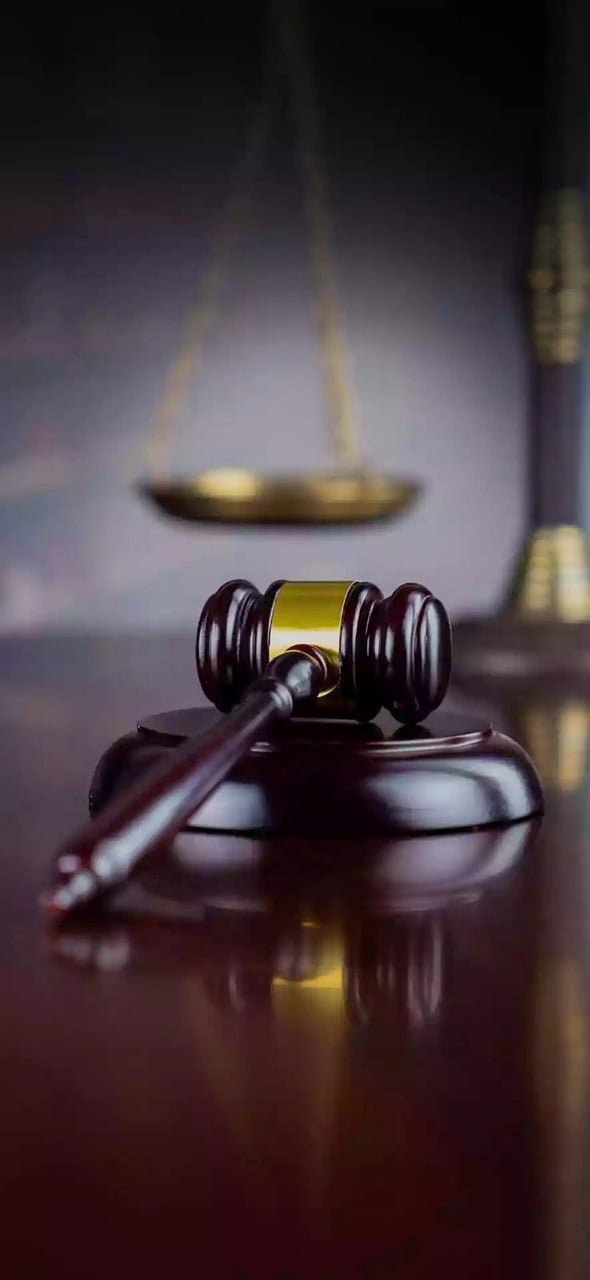SLC22-W1 / Basic Notions of Law.
Part 1 |
|---|
The definition of law at its core rests on a complex of rules adopted by government or other powers, legislatures and court for the purpose of regulating the conduct of persons and organization within a state. These rules are meant to be prescriptive so as to minimize indiscipline and anarchy as well as protecting rights of members of the public as well as afford a means by which conflicts and issues can be solved. There is a distinction between criminal laws, civil laws, and business and employment laws and environmental laws among others.

Objective Law: |
|---|
Normative law or the so called “objective” law means the rules that are made independently of the parties’ particular intentions and which are to be the same for any person. But these laws are not only for the good of the society but also in order that all people should be responsible for their deeds. The examples of the objective laws are traffic laws and criminal statutes.
Subjective Law: |
|---|
Subjective law, however, depends on the subject matter, intent or purpose of the parties in the particular transaction or occurrence. So it can be said that these laws work in the way they do looking at the many and varied (for reasons or for other situations in their lives) situations and therefore these people might have, and why they may need the laws to work for them the same. SomeEmergency powers have been said to fall under subjective laws, examples are contracts and torts which is otherwise called civil wrongs.
Case Study: |
|---|
If a citizen was driving a vehicle that failed to sight a particular traffic signal, you can observe the presence of some subjective law and some objective law.
Objective Law: |
|---|
- Traffic Laws: Traffic laws in Pakistan is one of the type of objective law. These laws are made to protect the lives of all the users on the roads as well as to conspicuous control free flow of traffic. These are laws which are broken by failing to obey a traffic light signal, and attract penalties as a result of the act.

Question: In the case of violating traffic signals laws of Pakistan, what is the legal penalty |
|---|
Answer: Section 34 of Pakistan’s traffic law deals with no traffic light observation offence in the Speed and Traffic Control Signals part of the Motor Vehicles Ordinance 1965. The penalty for this offense may entail a fine, imprisonment or both depending in the extent of the offense or whether the person has been previously convicted.
Subjective Law:
- Intent and Circumstance: Here the citizen had an intention to take his son home because the child was sick and needed to go to a hospital makes and element of subjectivity in the incidence. It simply means that the traffic laws were broken by the individual, though it doesn’t mean that the circumstances of the offense will not be treated with attention as they may give the authorities leeway to adopt a lenient measure to the offense, or drop charges all together, depending with the officer.
Question: Concerning the role of the subjective law in this situation? |
|---|
Answer: subservient collective law becomes a factor by depending on the intent of an individual in violating the traffic laws as well as the circumstances under which he or she was involved in the violation of such laws. In this case, when the citizen tries to pick his son who is sick and take him to the hospital it is possible to understand the reason behind hurry and ignoring the traffic light. The subjective law realizes that not all violations are taken in premeditated or of the same gravity and hence case — to case is considered when it comes to the appropriate action.
- Police Officer's Discretion: What’s there referred to as subjective law is even in the choice though a police officer would make as to what to do in such case. For example, intent, circumstances of violation, and general public interest may be used to come up with the best action that best suited the officer.

Question: Again, where is the police officer’s discretion in this situation? |
|---|
Answer: This aspect is a tipping point since the police officer dealing with the case in question is vested with discretion to take which action in light of the prevailing circumstances in regard to existing laws. They will decide based on the situation and the implication, which could either see them dismiss the charges or fine or a just a warning. The police officer is able to use the more subjective law to demonstrate as how to execute a part of the law, rather than sticking strictly to the letter of the law.
Thus, this research also supports the view that the example of a citizen’s failure to obey traffic signals because of some urgent situation, for instance, to pick up his son and take him to the hospital shows the relations between the objective and subjective law in Pakistan. An example of the objective law can be traffic laws, but there are others with intent aspect, situational aspect and discretion of the police officer and then it becomes more precise for specific situations. The legal system in the territory of Pakistan combines the concepts of objective and subjective law and, by guaranteeing order as well as respecting the peculiarities of a given particular case, enables itself to guarantee integrity and respectability of social life.

Part II |
|---|
Question 1: Where in the case is Mr. Juan Perez breaking the law? |
|---|
Answer 1: The point where Mr. Juan Perez didn’t pay rent for the last three months he is violating the law. The laws applicable between the landlords and the tenants in Pakistan are spelt out in the Rent Restriction Ordinance of 2001. According to the Section 5 of the Ordinance, it is the responsibility of the tenant to pay rent for occupation of anyone premise. Even when a tenant makes a valid excuse for not paying rent for the first month, if he fails to pay the rent for the second month, the landlord can take action for eviction of the tenant under Section 8 of the Ordinance.

Question 2: Where in the case is Mr. Juan Perez deviating from a norm? |
|---|
Answer 2: In the section of the story, where Mr.Juan Perez lives in an apartment with four dogs as his pets this is contrary to a norm in the building rules of coexistence. In Pakistan the concept of ‘Rules of Coexistence’ may not enjoy the status of a legal rule but the same may be categorized under a plea of ‘Public order’ and ‘Morality’ whereas the principles of common law. The specific building rules might be assumed to track that this or that action is surely to negatively influence a peaceful living environment, and that is why, actions of Mr. Juan Perez would definitely be considered as a violation of these rules, thus making annoyance and discomfort of the neighbors inevitable.

Part III |
|---|
Question 1: Comparative Law : What role does it hold to you based on what you have learnt in class? |
|---|
Answer 1: In today’s class we discussed Comparative Law and its role in dealing with legal systems and legal development. Comparatively, a study of the legal systems of different countries practices helps in the discovery of the relative merits or demerits of the legal systems in use and drawing lessons in case of any improvements. Comparative Law enables us to see how other countries or legal systems approached similar issues, and to help foster cooperation in the law. It breeds improved appreciation of other legal systems and outcomes in the Quick Processing of Court Cases, and empowers lawyers as well as judges to use wider thinking when addressing and implementing laws. Furthermore, it has a role in making sense of the various socio-economic conditions in various countries and the law that comes with it which assist us in the legal dimension.
Question 2: How may Comparative Law help in the analysis of the case of Mr. Juan Perez? |
|---|

source
Answer 2: Comparative Law may be helpful in the approach toward Mr. Juan Perez and both violation of the law and the rules of coexistence in the building. This not only helps us understand how this problem is being solved in other countries, but also, it can help us find ways so that unpaid rent is paid and living in buildings rules obeyed in Pakistan. For example, there are laws, such as a landlord may have the right to collect rents to the tenant’s exclusion where the latter breaches stated terms. To derive the benefits of the similar measures for Pakistan’s Rent Restriction Ordinance, we have to look at those legal frameworks. Comparative Law could also be applied to the rights of tenants and the rights of neighbors, according to Mr. Juan Perez to violate the building’s rules. It could mean using of mediation or arbitration or even referring a case to the community to deal with such matters. Through the analysis of such views and their application to problem solving in the process of dwelling cooperation and coexistence with others in the gated communities it is possible to develop more effective and appropriate solutions that will take into account the demands and will respect the rights of all the participants in the process of dwelling cooperation and coexistence with other in the gated communities.
@radjasalman
@meehu
@isha-rehman

